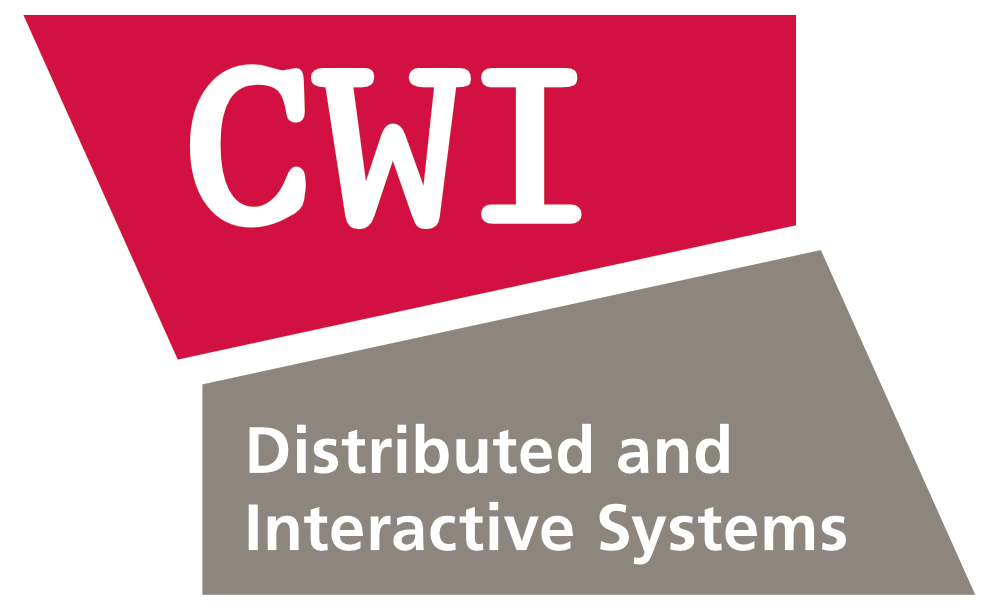Publications describing CEAP-360VR Dataset
-
CEAP-360VR: A Continuous Physiological and Behavioral Emotion Annotation Dataset for 360° Videos.
IEEE Transactions on Multimedia,
: pp. ,
2021
to be published
.
This paper introduces the CEAP-360VR Dataset, and statistical analyses and common baseline classification methods to validate our collected data, better understand affective states in 360o VR videos, and enable reproducibility and usage of our data by future researchers.
Publications based on CEAP-360VR Dataset
-
RCEA-360VR: Real-time, Continuous Emotion Annotation in 360° VR Videos for Collecting Precise Viewport-dependent Ground Truth Labels.
In Proceedings of the 2021 CHI Conference on Human Factors in Computing Systems,
2021.
This paper provides a thorough usability comparison between HaloLight and DotSize, and provides a viewport-dependent annotation fusion method. Video
-
Investigating the Relationship between Momentary Emotion Self-reports and Head and Eye Movements in HMD-based 360° VR Video Watching.
In Extended Abstracts of the 2020 CHI Conference on Human Factors in Computing Systems,
2021.
This paper explores the relationship between continuous emotion annotations and time-segmented HM/EM data while watching 360° videos.
-
Designing Real-time, Continuous Emotion Annotation Techniques for 360° VR Videos.
In Extended Abstracts of the 2020 CHI Conference on Human Factors in Computing Systems,
2020.
This paper details the co-design sessions that led to the design of our two visualization techniques: HaloLight and DotSize. Video
-
Annotation Tool for Precise Emotion Ground Truth Label Acquisition While Watching 360-degree VR Videos.
In 2020 IEEE International Conference on Artificial Intelligence and Virtual Reality (AIVR),
2020.
This is a demonstration paper that presents a video showing and explaining the technical components of RCEA-360VR, and how it can be used in practice. There is no experiment nor data collection method, procedure or results mentioned.

